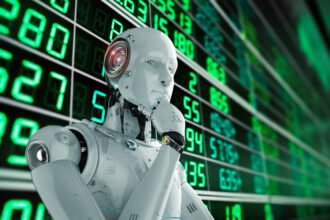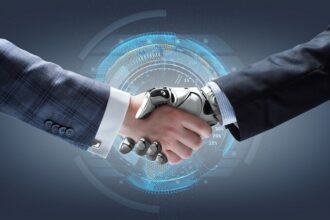It’s a new week and I thought we’d start it with a discussion to get our brains working after the weekend.
I have just read an interesting article in New Scientist by Dr Susan Blackmore, a writer and psychologist based in the UK. The article is called ‘Evolution’s third replicator: Genes, memes, and now what?’ Essentially the article is proposing that there are 3 evolutionary processes now on Earth.
- genes, the copying of characteristics through DNA
- “natural” human memes, such as spoken words, habits, fashions, art and religions
- “artificial” memes, such as websites and high-tech goods
I was only vaguely aware of what a meme (rhymes with ‘cream’) was. For the record (and a layman’s definition), a meme is the “basic building block of our minds and culture” and you can think of memes as cultural analogues to genes, in that they self-replicate and evolve following a process similar to natural selection.
It’s a new week and I thought we’d start it with a discussion to get our brains working after the weekend.
I have just read an interesting article in New Scientist by Dr Susan Blackmore, a writer and psychologist based in the UK. The article is called ‘Evolution’s third replicator: Genes, memes, and now what?’ Essentially the article is proposing that there are 3 evolutionary processes now on Earth.
- genes, the copying of characteristics through DNA
- “natural” human memes, such as spoken words, habits, fashions, art and religions
- “artificial” memes, such as websites and high-tech goods
I was only vaguely aware of what a meme (rhymes with ‘cream’) was. For the record (and a layman’s definition), a meme is the “basic building block of our minds and culture” and you can think of memes as cultural analogues to genes, in that they self-replicate and evolve following a process similar to natural selection.
“Or think of Google. It copies information, selects what it needs and puts the selections together in new variations – that’s all three [copying, varying and selection]. The temptation is to think that since we designed search engines and other technologies for our own use they must remain subservient to us. But if a new replicator is involved we must think again. Search results go not only to screens for people to look at, but to other programs, commercial applications and even viruses – that’s machines copying information to other machines without the intervention of a human brain.”
“Last year Google announced that the web had passed the trillion mark, with more than 1,000,000,000,000 unique URLs. Many countries now have nearly as many computers as people, and if you count phones and other connected gadgets they far outnumber people. Even if we all spent all day reading this stuff it would expand faster than we could keep up.
Billions of years ago, free-living bacteria are thought to have become incorporated into living cells as energy-providing mitochondria. Both sides benefited from the deal. Perhaps the same is happening to us now. The growing web of machines we let loose needs us to run the power stations, build the factories that make the computers, and repair things when they go wrong – and will do for some time yet. In return we get entertainment, tedious tasks done for us, facts at the click of a mouse and as much communication as we can ask for. It’s a deal we are not likely to turn down.”








